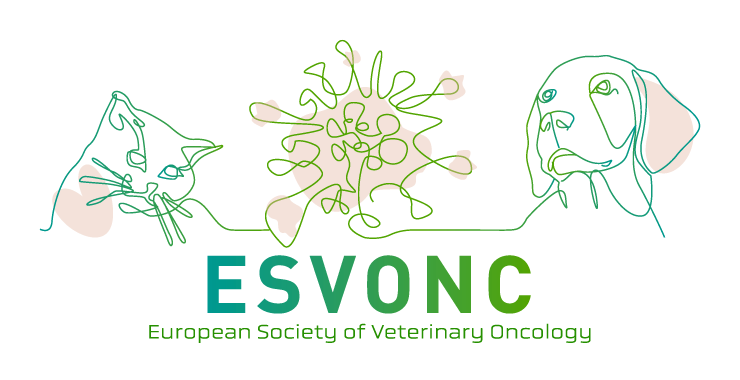City
Dublin
The ESVONC Annual Congress will take place in Dublin, the vibrant capital of Ireland. Dublin is a city where tradition and modernity blend seamlessly - a place of literary heritage, scientific progress, and warm hospitality. Known for its friendly atmosphere and lively character, Dublin offers an inspiring setting for bringing together the veterinary oncology community from across Europe and beyond.
Today’s Dublin is a thriving European city of culture, education and innovation. It is home to world-class universities, research centres and hospitals, making it a fitting location for an international medical congress. With a population of more than 1.5 million in the greater Dublin area, the city combines the charm of a historic capital with the energy of a modern metropolis.
Visitors can explore Dublin’s rich history through its many landmarks — from the medieval Dublin Castle and the Georgian architecture of Merrion Square to the iconic Trinity College, home of the Book of Kells. The River Liffey flows through the heart of the city, linking its historic north and south sides and offering scenic walks and views.
Dublin’s cultural life is as diverse as it is engaging. From traditional Irish pubs with live music to contemporary restaurants, art galleries and theatres, there is always something to discover. The city’s compact size and welcoming nature make it easy to explore on foot and to experience the genuine Irish “céad míle fáilte”: a hundred thousand welcomes.
We are delighted to welcome you to Dublin, a city of stories and science, where history, innovation and friendship meet.
The Dublin congress is supported by Failte Ireland: Discover Ireland

